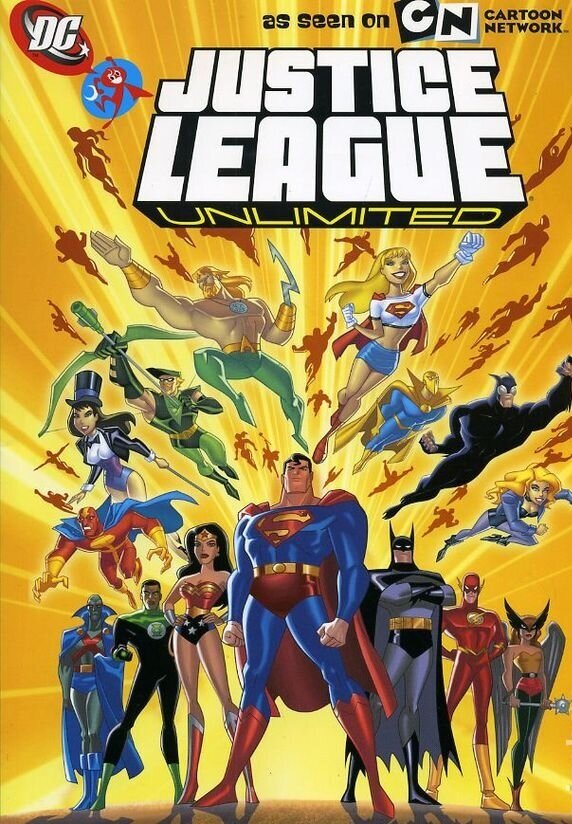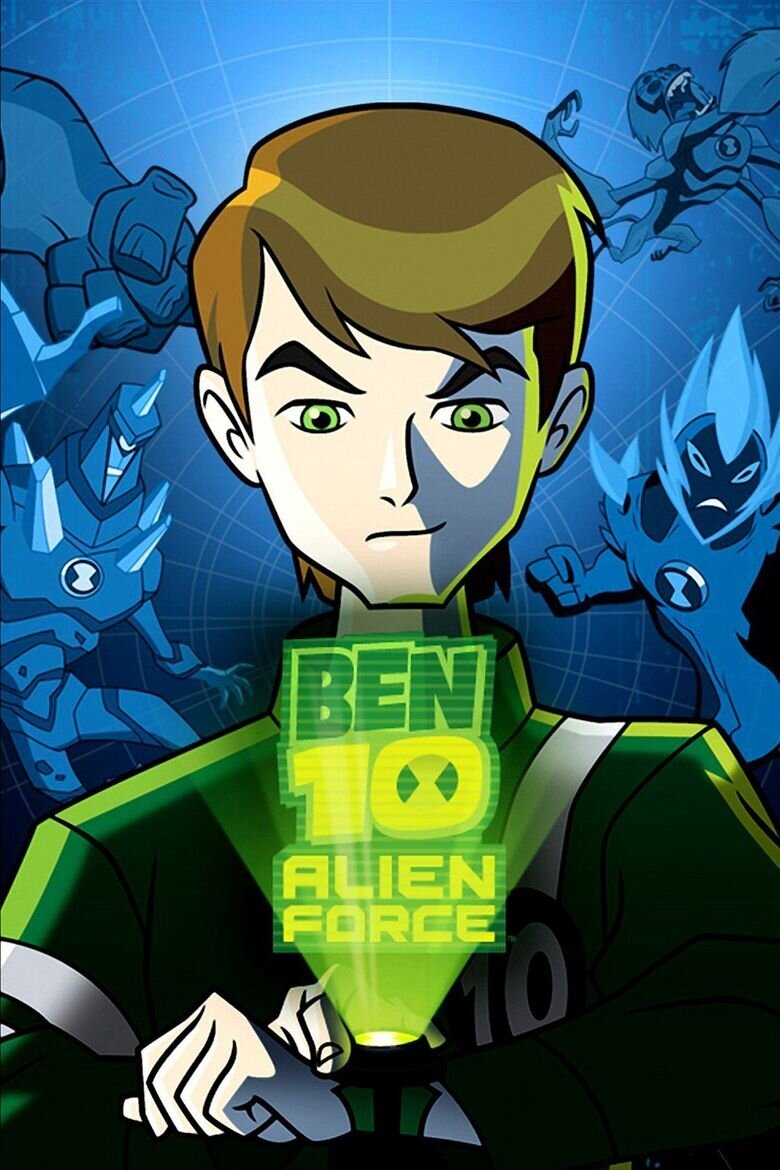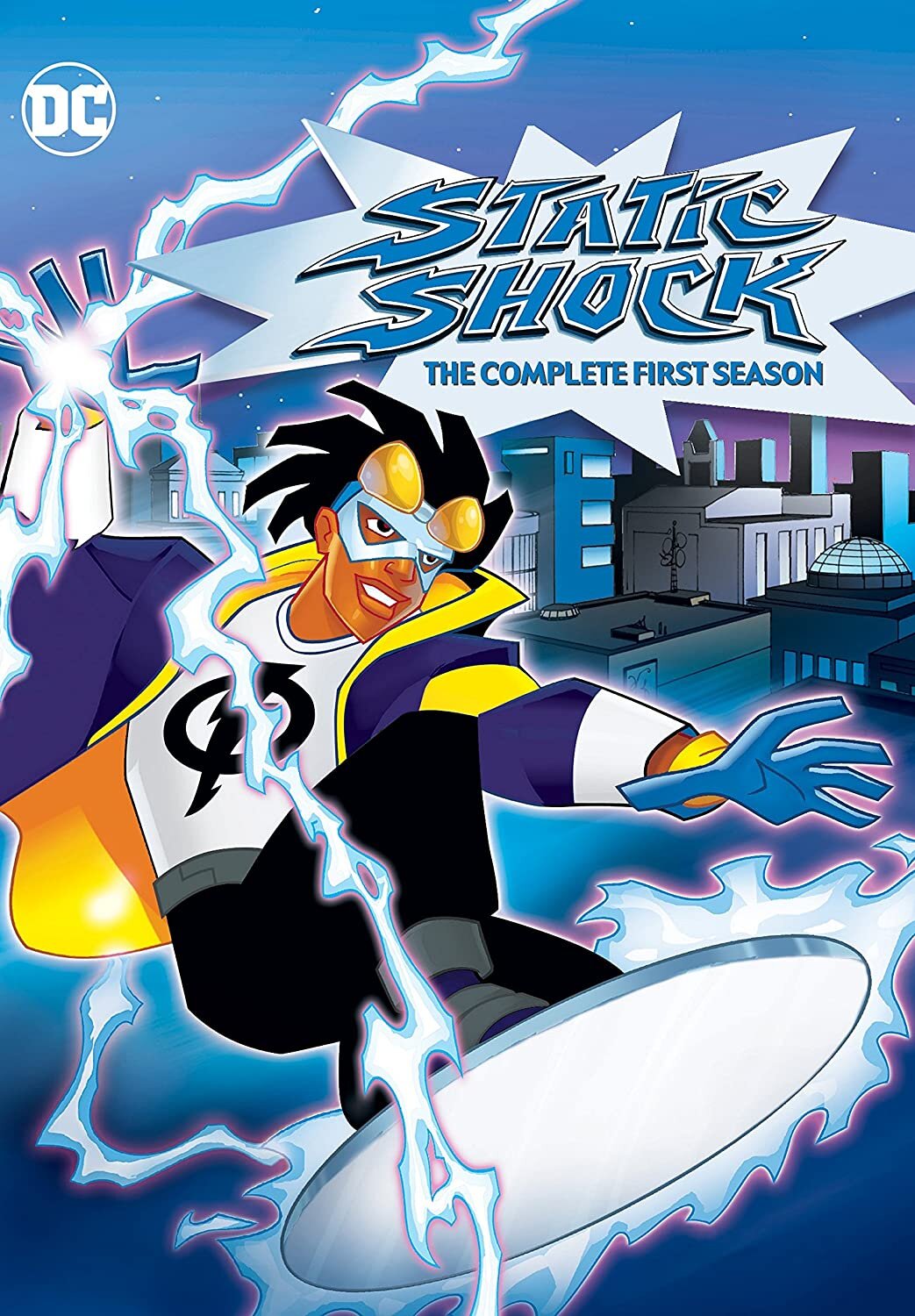Dwayne McDuffie and Why He Still Matters...
Maya Hanks
Ah yes, February. Also known as Black History Month, if you lived in the United States. As a kid, I really liked learning about Black inventors, artists, and the people who helped change the world. Yet they weren’t covered in any history curriculum, only in February. As a Black woman and avid lover of superheroes, I wanted to cover someone special. If you watched Cartoon Network in the mid-2000’s, you were part of a very special generation of kids that grew up watching quality superhero shows. Shows like Justice League [Unlimited), Static Shock, Teen Titans, and Ben 10 were standouts among their contemporaries. The show’s casts were multicultural, the villains were nuanced and more importantly, the stories felt real. It was because of those shows that I became a fan of superheroes, more than the comics could and shaped why I wanted to get into animation and storytelling. Without realizing it then, Dwayne McDuffie, changed my life and the lives of others, through the stories he told.
But who was Dwanyne McDuffie, and why was his work so impactful after all these years? He’s best known as an American comic book and television writer and co-founder of the comic book company Milestone Media; A media company which focuses on underrepresented minorities in comics and is home to the birthplace of one of my favorite heroes, Static Shock. Born and raised in Detroit, MI on February 20, 1962, he graduated from the University of Michigan with a Bachelor’s in English and a Master’s Degree in Physics. During his career, he worked for Marvel Comics, DC Comics, and even Archie Comics. It was in that time he really started to focus on bringing realism and character development to minorities in various shows and stories. Later, he would bring that same mindset to Cartoon Network, as he helped write for numerous shows, such as Teen Titans, Justice League, and Justice League :Unlimited. McDuffie also wrote a number of direct-to-DVD animated films, such as Justice League: Crisis on Two Earths, and Justice League: Doom. Unfortunately, he passed away February 21, 2011 at the young age of 49, due to complications from emergency heart surgery.
Static Shock (2000-2004)
To really talk about why McDuffie is so special, I have to talk about why a couple of the shows he wrote were my favorites growing up. Static Shock (2000-2004) blew my mind as a kid. At the time we did have some Black superheroes to watch on TV like Green Lantern: Jon Stewart and Cyborg, but Static was unique in that he was a hero I discovered not through my dad’s comic collection, but on my own. It wasn’t until much later I learned Static originated as a comic, but it felt I had discovered something new and amazing. Static wasn’t an adult dealing with intergalactic battles or politics, he was an ordinary kid like me, except he got to deal with other meta humans on top of high school. The argument can be made that Spiderman was the first “everyman” superhero, but at that time, for a Black kid like myself, it was hard to identify with Peter Parker. Peter was just this White kid dealing with typical White kid problems. Static, aka Virgil Hawkins, felt more real to me. Virgil was uniquely Black, dealing with typical Black youth problems such as gang violence, racism, bullying, and to top it off, he had to deal with other kids who were afflicted with superpowers just like him. Overall, I got to see him grow into his own as a hero and I was also ecstatic to see that Virgil was also a fan of Green Lantern’s Jon Stewart as he looked up to him as a hero like I did.
Jon Stewart
Speaking of Jon Stewart, he’s also one of the many reasons I gravitated towards Justice League and Justice League: Unlimited (JLU). Jon was just a total badass. The only other adult superhero I could think of before him was Blade. The stories, mysteries, and plots were all types of fun! I loved how human the cast felt and how epic the fights were! To me, and many others, this was the pinnacle of DC’s excellence and also leaves us wondering why it’s so hard to translate these characters to the big screen. This was the series that introduced Amanda Waller to me and showed me how terrifying the Justice League could be if they ever worked for their own self interests. I never truly asked those questions of any of my heroes, until this show. McDuffie gave me the best versions of my favorite DC heroes and villains as no character was ever truly evil, just various shades of grey. He also found a way to incorporate politics into the show as well, as the characters had to navigate governments and complex personalities just to be successful. People may think I’m crazy, but to this day, the Justice League: Unlimited episode where Hawkgirl had to kill Solomon Grundy still makes me cry. JLU had us question our faith, decide whether our government was truly working for the benefit of the people or their own self-interests and made us realize that no matter how challenging a situation presented itself, it was never too late to do the right thing.
Hawkgirl Kills Solomon Grundy - By Blue Kryptonite
As I rewatched episodes and reflected, I could not believe how well McDuffie’s shows have aged. A full decade after his passing, his shows still touch on topics that are even more relevant in our lives. We are living in a renaissance of sorts as stories with minorities as the main protagonist are reaching a wider audience than ever. Just this month, we’ve witnessed the superhero origins for Spectrum on Disney+’s WandaVision, and over on the CW, we now have an influx of Black actors playing iconic superhero roles in the DC universe such as Starfire, Black Lightning, and Batwoman! There was even news of a Static movie in production. Our stories are becoming more mainstream and so are some of the issues that are all too common in the Black community. Dwayne McDuffie played a bigger role than even he may have realized as he highlighted those issues and made us understand that people need to be aware there is a problem, before change can happen and that sometimes, the solutions to those problems lie in our own backyard as we saw “ourselves” tackle life’s biggest obstacles in superhero form.
And For That I Say:
‘Thank You’.







